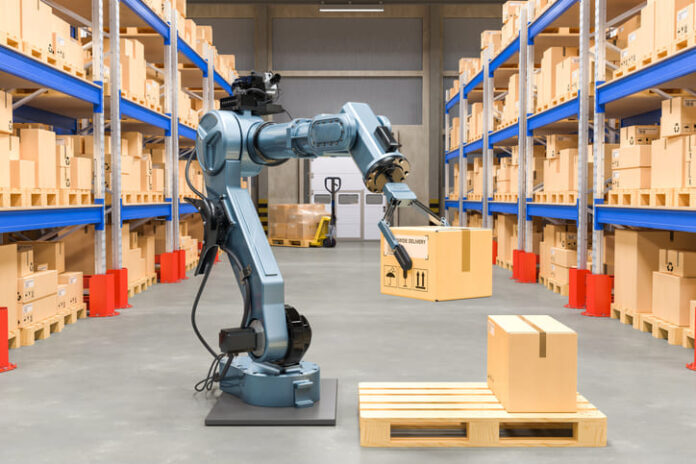
When COVID froze global logistics and tariffs reshaped trade dynamics, manufacturers worldwide were forced to confront hard truths about the limits of outsourced production.
For some, it was a reckoning. For MetalQuest Unlimited, it was a moment of validation.
Founded by Scott Harms in 1996, MetalQuest was built around full process control, automation, and domestic supply chain management—not because it was trendy, but because it worked.
“You can’t control quality, lead times, or accountability if your supply chain is scattered across time zones,” Harms says. “We’ve structured the entire company around doing it here and doing it right.”
Diversification That Actually Delivers
MetalQuest operates two U.S. facilities—in Nebraska and North Idaho. The company supports a range of sectors including defense, power transmission, medical, and high-complexity OEMs. While some markets rise and others fall, MetalQuest’s ability to pivot between them has kept operations stable.
During COVID, while others scaled back, MetalQuest opened a second facility, expanded automation, and pushed into new verticals. This diversification wasn’t theoretical—it translated into sustained employment, consistent delivery, and the ability to say yes when competitors said no.
The reason is simple. Every system is built for control. From in-house machining and robotics integration to vendor sourcing and inventory management, MetalQuest keeps its process close and its quality closer.
Automation That Solves Real Problems
Since 2011, MetalQuest has deployed 19 industrial robots across its operations. These aren’t surface-level installs. Each cell is developed by an internal engineering team with a focus on repeatability, uptime, and zero waste.
The result: faster turnaround, higher throughput, and the ability to scale without adding overhead or sacrificing quality.
Multitasking CNC equipment—including 62-axis machines—allows the company to handle complex part families with fewer setups and tighter tolerances. This lets MetalQuest absorb work that might otherwise be fragmented across several suppliers—and deliver it from a single point of accountability.
Case in Point: Reducing Lead Times from 33 Weeks to 8
When one OEM partner came to MetalQuest with a backlog of delayed parts and a tangle of vendors, the solution wasn’t just faster machining—it was strategic consolidation.
MetalQuest took over machining, coordinated outside processes, applied design-for-manufacturability improvements, and managed inventory long-term. Within months, the partner cut lead times by 75 percent, stabilized production, and freed up resources to focus on growth.
“It’s not about adding headcount,” Harms says. “It’s about removing chaos. That’s what good manufacturing partners do.”
Lessons for Global Executives
MetalQuest is a U.S.-based company, but the lessons are global.
When international supply chains are uncertain, resilience comes from clarity. When demand surges, stability comes from control. And when competitors falter, opportunity comes to the companies who never stopped building.
“We don’t rely on price advantages,” Harms says. “We rely on execution. That doesn’t change no matter what happens in the global market.”
For manufacturers looking to de-risk their operations and move critical work back onshore, MetalQuest offers a real-world example of what that future can look like.
They didn’t just adapt to the storm—they built for it.
Disclaimer: This article contains sponsored marketing content. It is intended for promotional purposes and should not be considered as an endorsement or recommendation by our website. Readers are encouraged to conduct their own research and exercise their own judgment before making any decisions based on the information provided in this article.
#Building #Resilient #Domestic #Supply #Chains